Quoth the Raven “Nevermore.” Edgar Allan Poe’s literary masterpiece given new life in silver
Literary works make great subjects for coins. Unlike movies and television series, there remains considerable scope for interpretation, and thus creativity when bringing these works to life on our favourite little metal discs. Even so, you kick off with a huge head start when you choose a work evoking such potent imagery as American author Edgar Allan Poe’s much admired work, The Raven.
A narrative poem first published in January 1845, It tells of a talking raven’s mysterious visit to a distraught lover lamenting the loss of his love, Lenore,
and tracing the man’s slow fall into madness. The raven, sitting on a bust of Pallas, antagonises the man with its constant repetition of the word “Nevermore”. The video below has a recording of the complete work by the brilliant actor, Christopher Lee.
The Commonwealth Mint has chosen to launch its new ‘Spooky Stories’ range with a cool looking design celebrating the 175th anniversary of the first publication of ‘The Raven’. With the raven and the word most associated with the poem picked out with black rhodium plating, it employs a layering of silhouettes to bring the poem to life. The obverse is a simple effigy of QEII surrounded by the usual inscriptions.
A 2oz fine silver coin struck to a proof finish, it reaches out to a good 50 mm in diameter, so we have high hopes this will be an impressive piece in the hand. It will come boxed with a certificate of authenticity, and is scheduled to star shipping in late November. Also due for possible release in early 2020 is a second design marking the 200th anniversary of the publication of Washington Irving’s Legend of Sleepy Hollow. Another cool design of similar style, you can see it lower down. Mintages of each coin will be 500 pieces.
EDGAR ALLEN POE
Edgar Allan Poe (January 19, 1809 – October 7, 1849) was an American writer, editor, and literary critic. Poe is best known for his poetry and short stories, particularly his tales of mystery and the macabre. He is widely regarded as a central figure of Romanticism in the United States and of American literature as a whole, and he was one of the country’s earliest practitioners of the short story. He is generally considered the inventor of the detective fiction genre and is further credited with contributing to the emerging genre of science fiction. He was the first well-known American writer to earn a living through writing alone, resulting in a financially difficult life and career.
Poe’s best known fiction works are Gothic, adhering to the genre’s conventions to appeal to the public taste. His most recurring themes deal with questions of death, including its physical signs, the effects of decomposition, concerns of premature burial, the reanimation of the dead, and mourning. Many of his works are generally considered part of the dark romanticism genre, a literary reaction to transcendentalism which Poe strongly disliked.
Poe’s early detective fiction tales featuring C. Auguste Dupin laid the groundwork for future detectives in literature. Sir Arthur Conan Doyle said, “Each [of Poe’s detective stories] is a root from which a whole literature has developed…. Where was the detective story until Poe breathed the breath of life into it?” The Mystery Writers of America have named their awards for excellence in the genre the “Edgars”. Poe’s work also influenced science fiction, notably Jules Verne, who wrote a sequel to Poe’s novel The Narrative of Arthur Gordon Pym of Nantucket called An Antarctic Mystery, also known as The Sphinx of the Ice Fields. Science fiction author H. G. Wells noted, “Pym tells what a very intelligent mind could imagine about the south polar region a century ago”.
On October 3, 1849, Poe was found delirious on the streets of Baltimore, “in great distress, and… in need of immediate assistance”, according to Joseph W. Walker who found him. He was taken to the Washington Medical College where he died on Sunday, October 7, 1849 at 5:00 in the morning. He was not coherent long enough to explain how he came to be in his dire condition and, oddly, was wearing clothes that were not his own. He is said to have repeatedly called out the name “Reynolds” on the night before his death, though it is unclear to whom he was referring. Some sources say that Poe’s final words were “Lord help my poor soul”. All medical records have been lost, including his death certificate. (Wikipedia)
| SPECIFICATION | |
| DENOMINATION | $5 NZD (Niue) |
| COMPOSITION | 0.999 silver |
| WEIGHT | 62.2 grams |
| DIMENSIONS | 50.0 mm |
| FINISH | Proof |
| MODIFICATIONS | Black Rhodium plating |
| MINTAGE | 500 |
| BOX / C.O.A. | Yes / Yes |


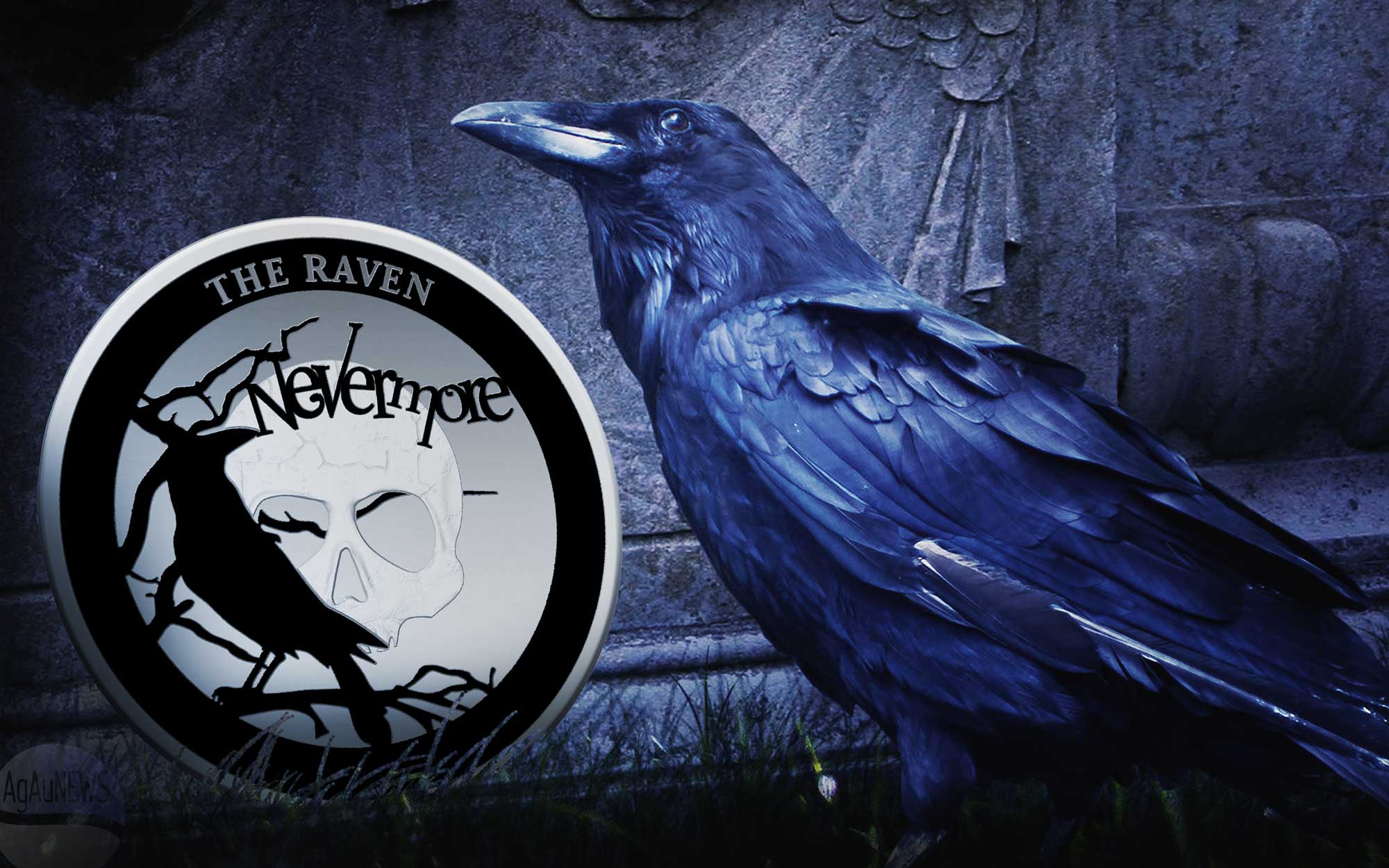
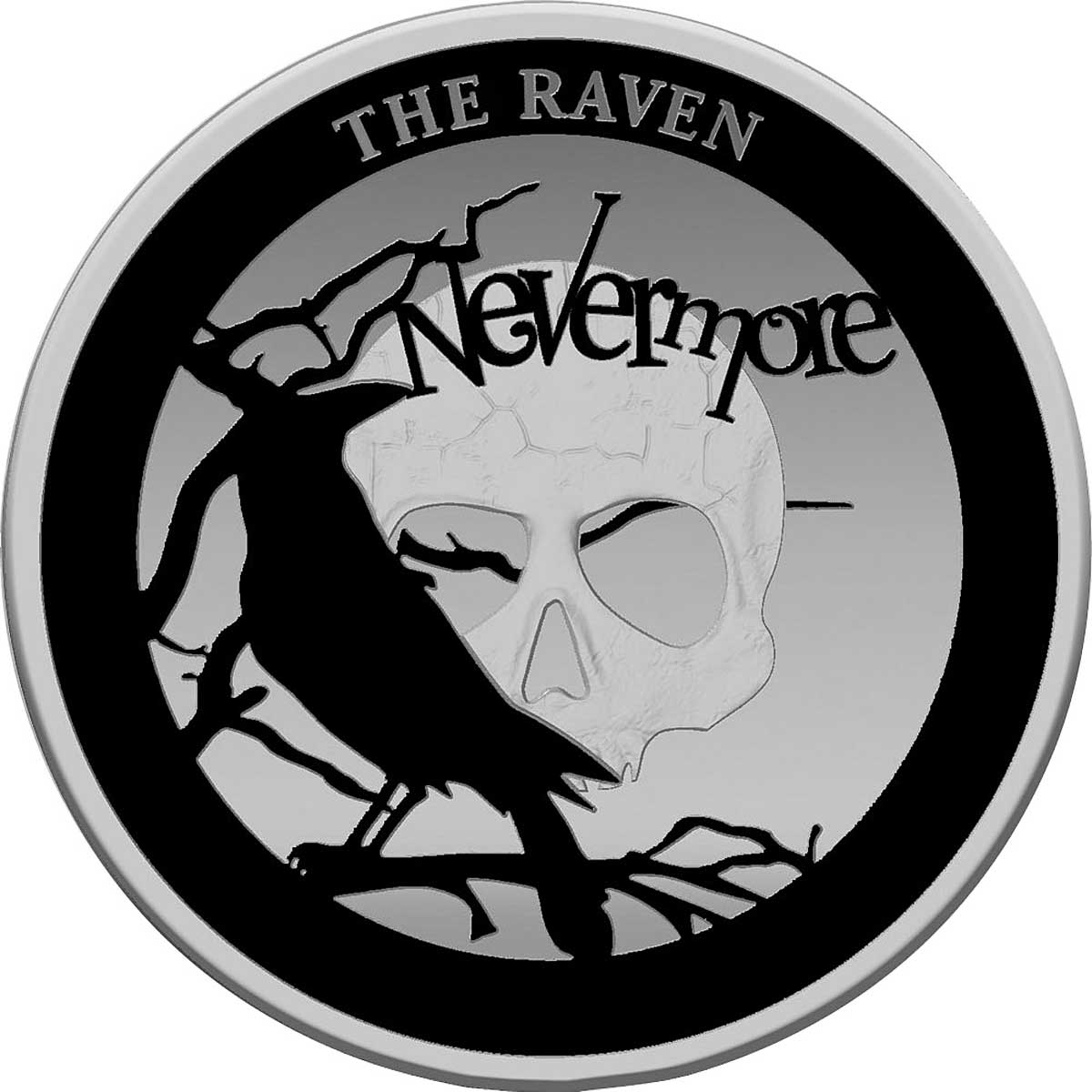
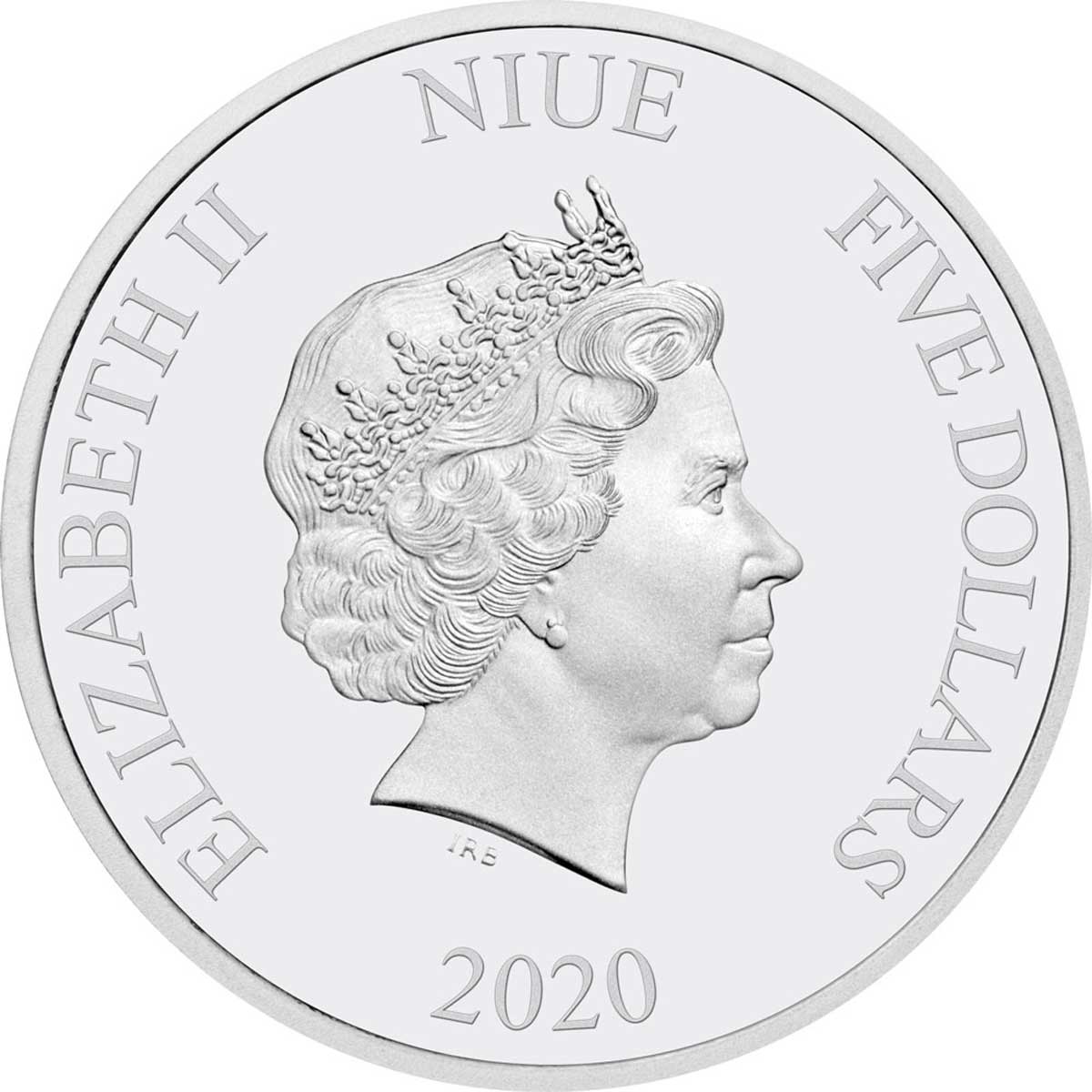

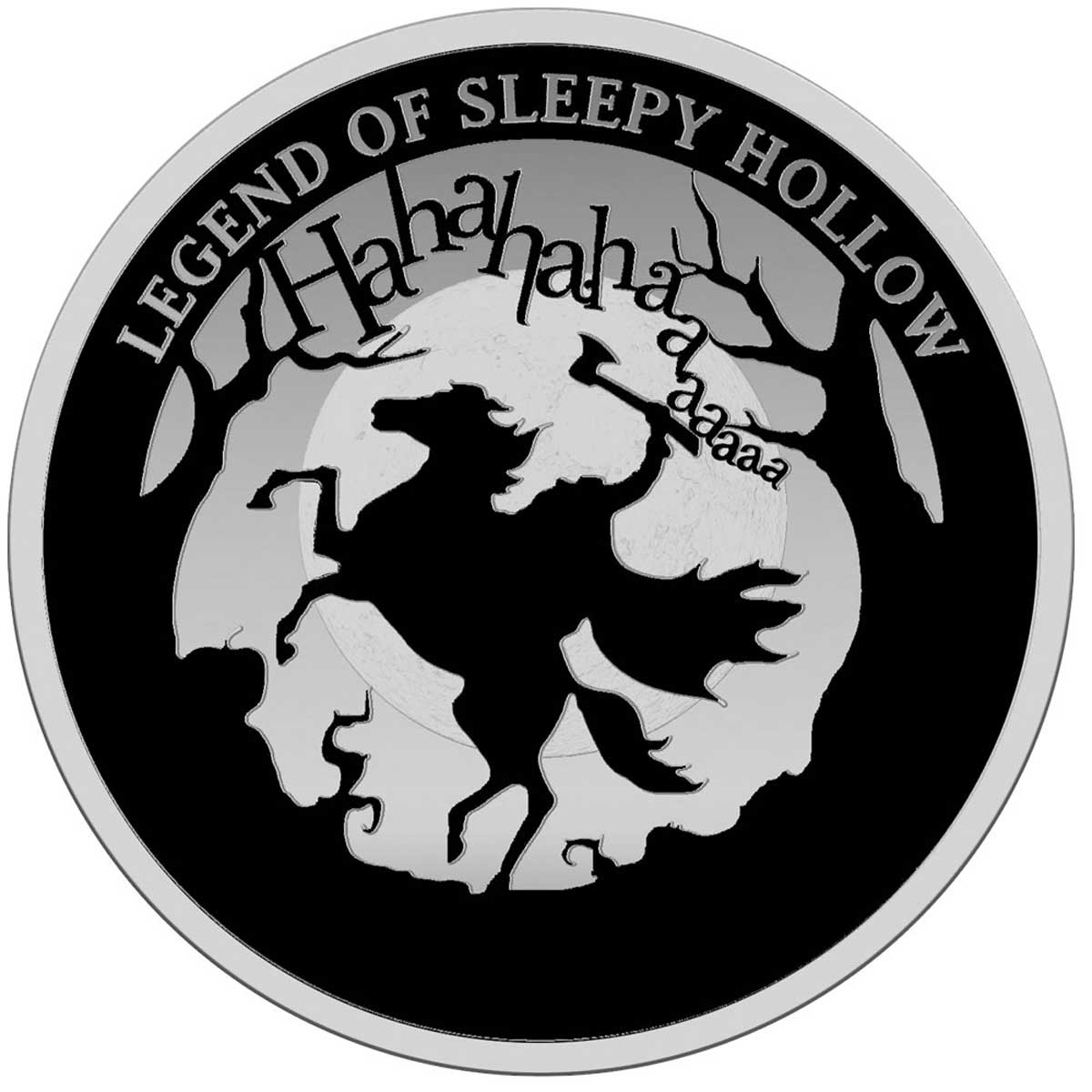
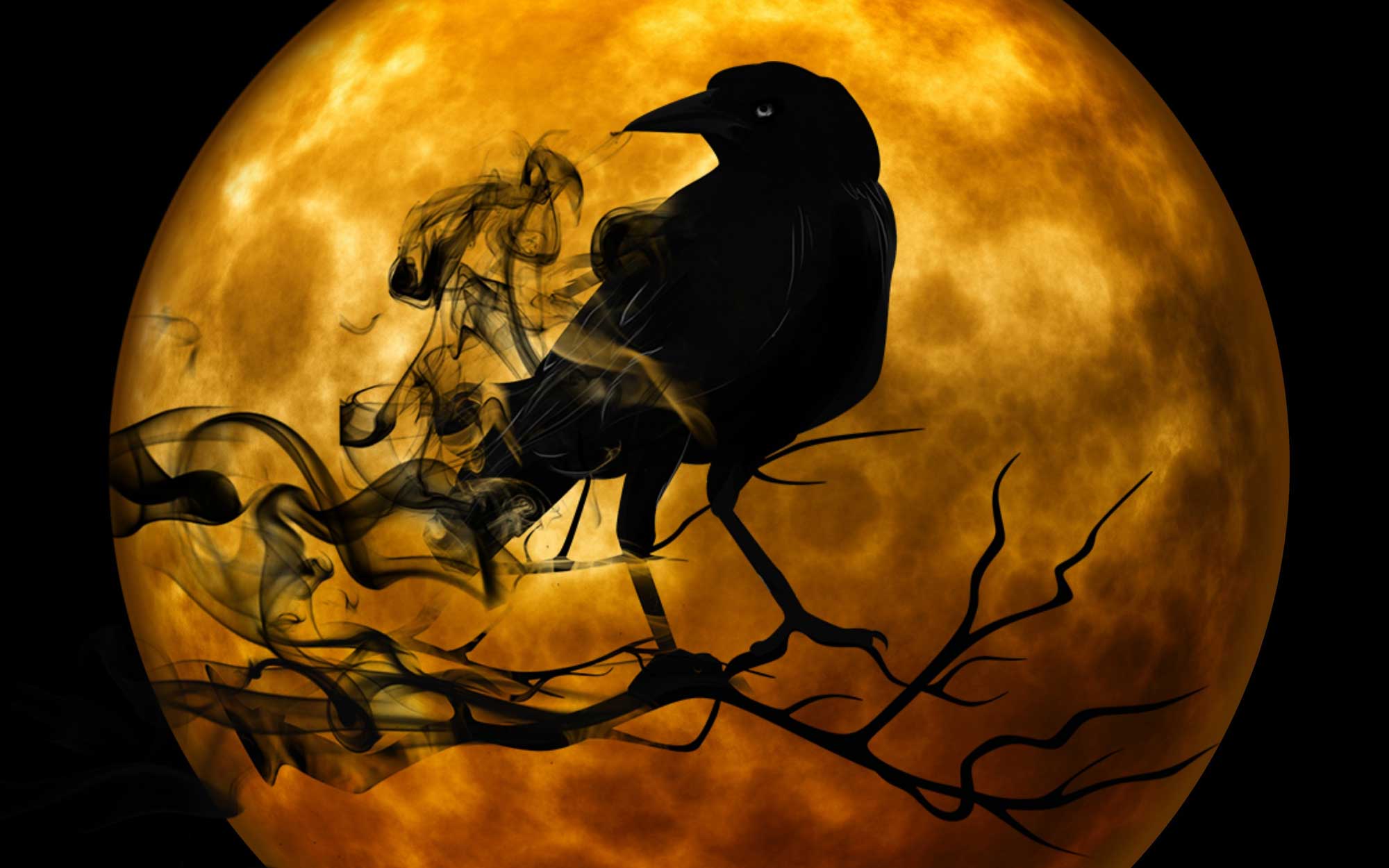
Leave A Comment